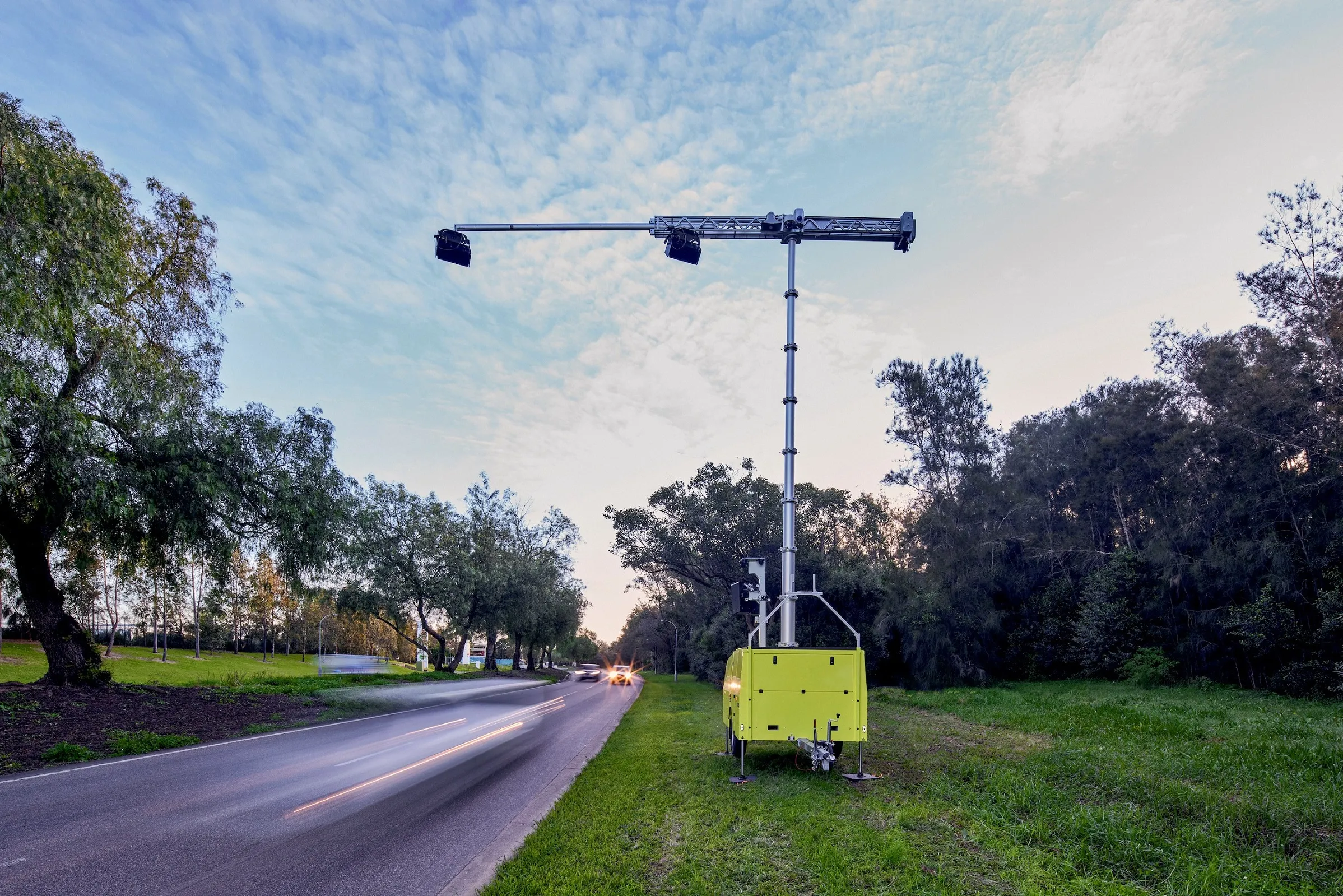The Institute of Advanced Motorists (IAM) is urging motorists to beware of the perils of driving on autopilot following research which shows that one in ten drivers are often unable to remember their entire car journey.
The poll of almost 1,500 drivers, carried out by Vision Critical on behalf of the IAM, also revealed that 54 per cent of drivers admitted to missing a turning because they were distracted. A further 14 per cent of drivers are quite often unable to recall any part of their journey in the
February 20, 2014
Read time: 1 min
The 6187 Institute of Advanced Motorists (IAM) is urging motorists to beware of the perils of driving on autopilot following research which shows that one in ten drivers are often unable to remember their entire car journey.
The poll of almost 1,500 drivers, carried out by Vision Critical on behalf of the IAM, also revealed that 54 per cent of drivers admitted to missing a turning because they were distracted. A further 14 per cent of drivers are quite often unable to recall any part of their journey in the car.
Younger drivers (18-25 year olds) are the most likely to be in danger of distraction. Thirty-five per cent stating they couldn’t recall any part of their journey, often or quite often. In comparison only five per cent of older drivers (65+) admitted to not remembering their journey.
The poll of almost 1,500 drivers, carried out by Vision Critical on behalf of the IAM, also revealed that 54 per cent of drivers admitted to missing a turning because they were distracted. A further 14 per cent of drivers are quite often unable to recall any part of their journey in the car.
Younger drivers (18-25 year olds) are the most likely to be in danger of distraction. Thirty-five per cent stating they couldn’t recall any part of their journey, often or quite often. In comparison only five per cent of older drivers (65+) admitted to not remembering their journey.








